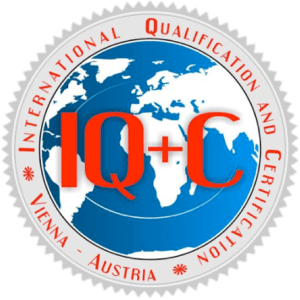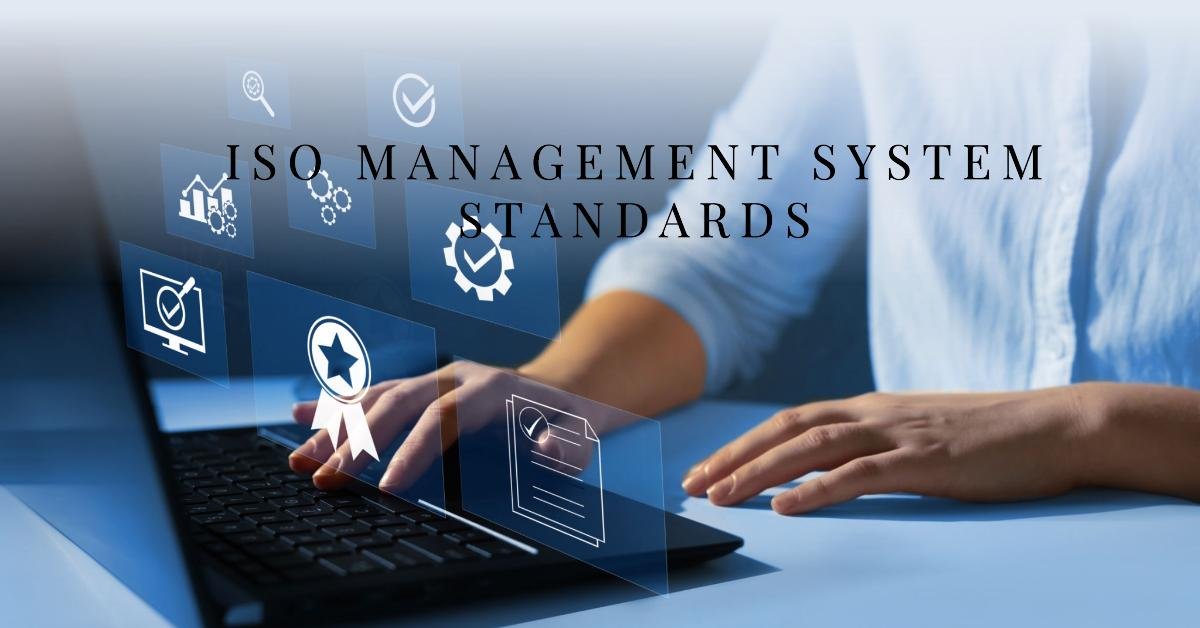Are you looking for ISO Training Sessions to learn about the ISO Standards? ISO certification for Translation Service Providers (TSPs) refers to the certification provided to you by the Certification Body. The ISO certification, in general, offers several advantages, including improved product quality, increased company efficiency, high international reputation, increased marketability, and numerous other benefits.
i-LICS Training Institute believes that for an organization to adapt to the quality management system procedures, there should be an individual within the company who has the full capability to implement international business protocols, allowing the company to expand without compromising the workplace or customer safety with the help of ISO training sessions for TSPs.
We can assist your firm by delivering ISO training sessions for TSPs that provide in-depth information necessary for various business kinds and ISO standards to equip your staff with the knowledge and abilities to produce sustainable quality.
ISO training sessions for TSPs (such as internships) are essential components of becoming a professional translation or interpretation service provider in any language. Trainees benefit from a recognized institutional program since it offers them strategies to enhance their talents and practice them while receiving feedback from industry professionals and prospects to network with others in the business. A master’s degree in translation and interpretation is much more advantageous if you first get a bachelor’s degree or gain professional experience in an area where you are interested in focusing, such as chemistry, healthcare administration, or law enforcement.
A translation service provider must comply with the ISO 17100 standard, an internationally recognized standard for the translation sessions as a global TSP. The standard specifies the procedures that must be followed while delivering translation sessions. It creates and defines the translators, revisers, and reviewers, their technical resources, and the level of service they provide. With this standard, you may explain the service that a customer will get within a recognized set of processes and procedures to fulfill the client’s instructions and expectations.
As part of the ISO 17100 standard, which establishes a standard framework for translation services, the terminology used in the translation sector is integrated. It streamlines the connection between clients and translators in terms of the contractual requirements of the parties involved.
To sum up:
What is the purpose of ISO 17100 training, as an example?
Organizations may simplify and enhance their in-house training operations using ISO certification for TSPs. It encourages any company to:
- Determine the appropriate training requirements.
- Train personnel on ongoing procedures effectively and efficiently.
What is the significance of ISO training for TSPs?
ISO certification for TSPs refers to the certification provided to you by the Certification Body. The ISO certification for TSPs offers several advantages, including improved product quality, increased company efficiency, high international reputation, increased marketability, and numerous other benefits.
What are the ISO standards for translation, and how do they work?
A translation session or a translation work cycle must comply with the ISO 17100 standard, an internationally recognized standard for the translation business. The standard specifies the procedures that must be followed while delivering a translation service. It defines the needed qualifications for translators, revisers, and reviewers and their technical resources, and the level of service they provide.






Leave A Comment